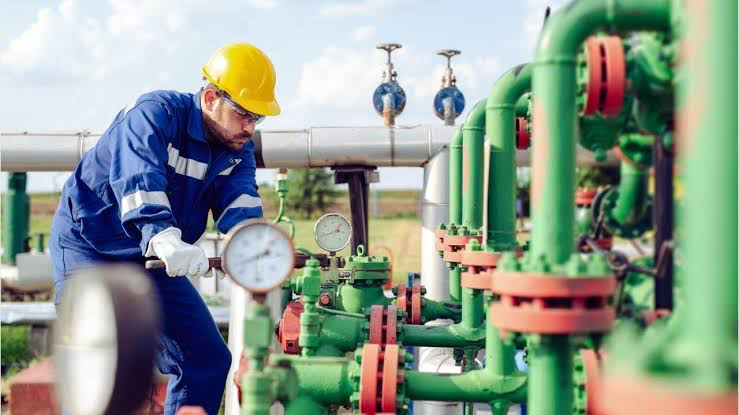KEY POINTS
- Mexico’s oil and gas production in November hit a 2024 low.
- Pemex struggles with aging fields and limited exploration success.
- Critics warn of risks to energy independence without major reforms.
Mexico’s oil and gas production reached its lowest levels of 2024 in November, highlighting persistent challenges in meeting output targets.
According to official data from the country’s energy regulator, liquid hydrocarbon production dropped to 1.747 million barrels per day (bpd), far below the government’s target of 1.8 million bpd.
This includes 1.488 million bpd of crude oil and 259,000 bpd of condensate, a light hydrocarbon often extracted alongside natural gas.
Natural gas output also plummeted, falling to 3.531 billion cubic feet per day, the lowest recorded this year.
The declining numbers underscore the ongoing struggles of state-owned oil giant Petroleos Mexicanos (Pemex). Despite substantial government financial support, Pemex has been unable to reverse the production decline caused by aging fields in the Gulf of Mexico and disappointing results from new exploration projects.
Pemex faces mounting challenges
Pemex, which accounts for 94 percent of Mexico’s liquid hydrocarbon output and 95 percent of its natural gas production, has seen its production fall dramatically from a peak of 3.383 million bpd two decades ago.
The company has received tens of billions of dollars in government aid in recent years, yet production continues to slide.
Experts warn that without major investments in exploration and production, Mexico could face the unthinkable: importing crude oil to supply its own refineries. This would mark a major shift for the country, which has long been an oil exporter.
Reuters reported earlier this year that Pemex’s debt, combined with limited exploration success, raises questions about the future of Mexico’s energy independence.
Energy policy under scrutiny
President Claudia Sheinbaum, who succeeded Andres Manuel Lopez Obrador in office, has vowed to maintain Mexico’s oil production target of 1.8 million bpd during her six-year term.
However, November marked the second consecutive month that the country failed to meet this goal.
While Sheinbaum has largely continued her predecessor’s energy policies, she has been a vocal advocate for renewable energy.
As a scientist recognized for her work on climate change, Sheinbaum has expressed a desire to transition to greener energy sources. However, she has yet to outline a detailed plan for reducing Mexico’s dependence on fossil fuels or addressing Pemex’s challenges.
The president’s administration faces mounting pressure to find solutions to the declining output, which poses risks to Mexico’s economy and energy security.



